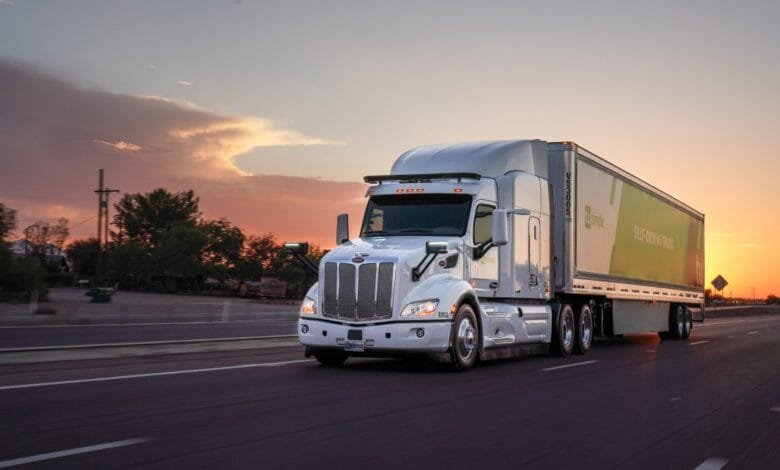TuSimple Shared Self-Driving Data with China, Violating US Security Deal

▼ Summary
– TuSimple (now CreateAI) shared sensitive autonomous vehicle data with China’s Foton, violating a U.S. national security agreement signed in February 2022.
– A CFIUS investigation found the data transfers didn’t technically breach the agreement, but TuSimple paid a $6 million settlement for other infractions.
– TuSimple faced additional controversy over attempts to transfer $450 million in U.S. funds to its Chinese subsidiary, sparking legal battles among co-founders.
– The company, once a leader in autonomous trucking, exited U.S. operations in 2024 amid federal probes and struggled to restart in China due to legal barriers.
– TuSimple’s ties to China, including shared operations with Hydron, highlight risks in U.S.-China tech deals, influencing stricter regulatory policies.
The autonomous trucking company TuSimple, now rebranded as CreateAI, allegedly shared critical self-driving technology data with a Chinese state-linked firm despite signing a U.S. national security agreement prohibiting such transfers. According to internal documents reviewed by The Wall Street Journal, the company provided sensitive technical specifications to Beijing-based truck manufacturer Foton shortly after pledging to implement strict data controls in early 2022.
The data sharing reportedly continued for months, overlapping with TuSimple’s six-month compliance window under its agreement with the Committee on Foreign Investment in the United States (CFIUS). While regulators determined the transfers didn’t technically breach the deal, the company later paid a $6 million settlement for unrelated violations.
This incident highlights growing concerns about U.S. technology safeguards as tensions escalate between Washington and Beijing. TuSimple’s case underscores how agreements designed to protect national security can be circumvented, even unintentionally. The company’s struggles didn’t end there—earlier attempts to shift $450 million in U.S. funds to its Chinese subsidiary were blocked by shareholders, sparking an ongoing legal battle involving co-founder Xiaodi Hou.
TuSimple’s rise and fall has been dramatic. Founded in 2015 with backing from Chinese investors, it became a pioneer in autonomous trucking, securing billions in funding and completing landmark driverless tests. But internal disputes and regulatory scrutiny over its China ties led to its U.S. exit in 2024. Plans to relaunch operations in China were complicated by court orders freezing asset transfers.
The Journal’s investigation also revealed deeper connections between TuSimple and Hydron, a hydrogen truck startup founded by another TuSimple co-founder. Employees reportedly shared confidential data and even worked on Hydron projects during paid hours—a revelation that fueled the 2022 CFIUS probe.
Technical documents exchanged with Foton included detailed schematics for servers, braking systems, sensors, and autonomous vehicle chips. Some employees also accessed proprietary source code developed by TuSimple’s U.S. team. Given Foton’s collaboration with a Chinese military university, these transfers raise alarms about potential dual-use technology risks.
As U.S. policymakers tighten restrictions on foreign tech investments, TuSimple’s saga serves as a stark reminder of the challenges in balancing innovation with security. The case has already influenced stricter oversight of cross-border deals, particularly those involving sensitive AI and automation technologies.
(Source: TechCrunch)

